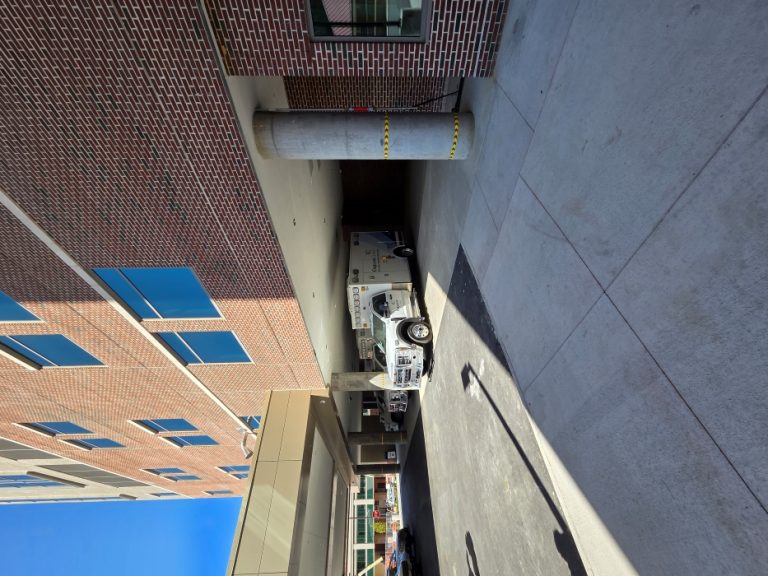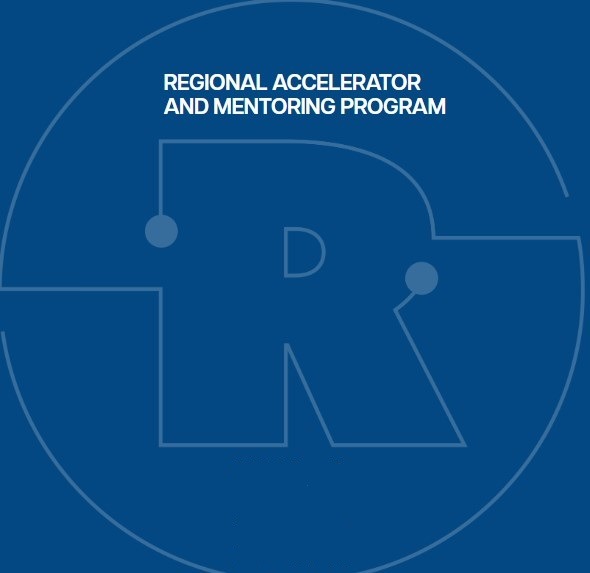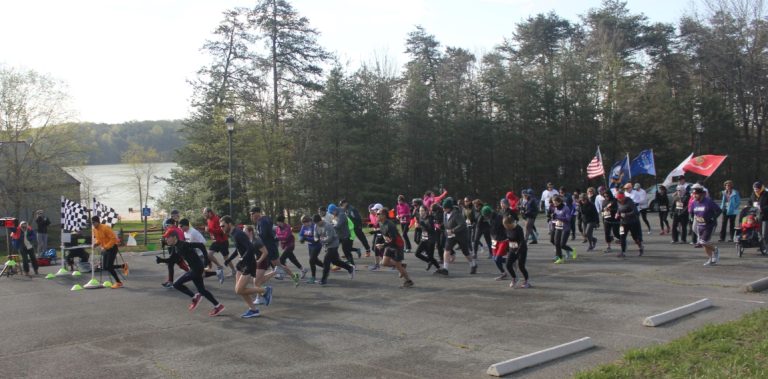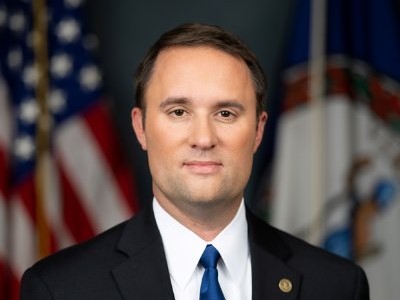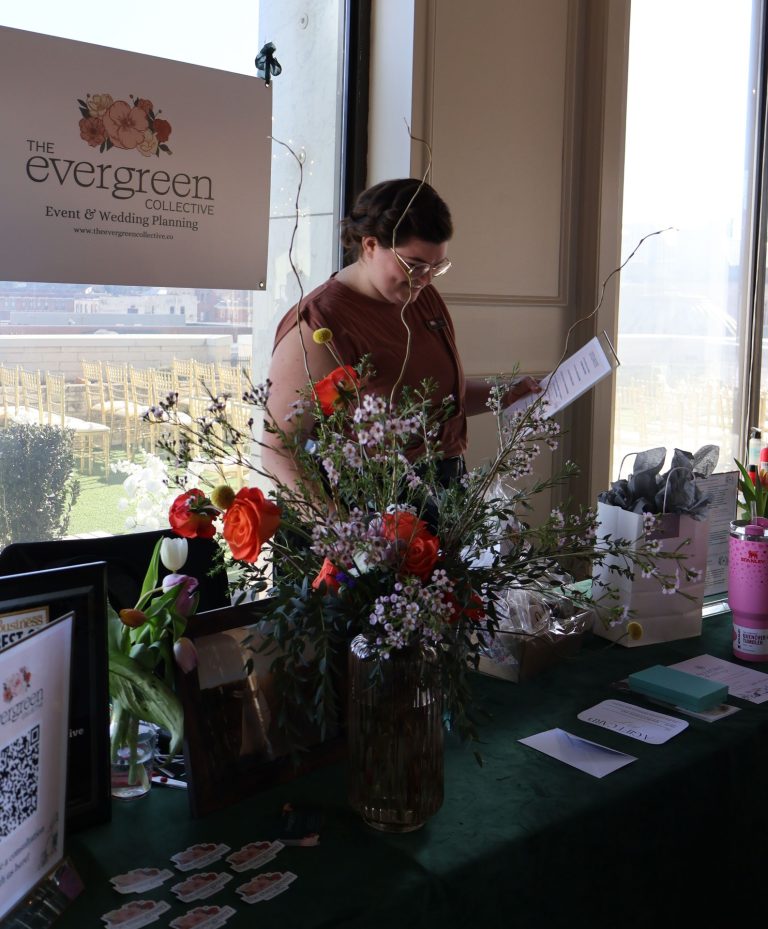Early giving has started for the annual Give Roanoke day. The Council of Community Services has been...
Across Virginia
The first phase of Crystal Spring Tower with Carilion Roanoke Memorial’s expanded Emergency Department is scheduled to...
During his weekly call with reporters, Virginia US Democratic Senator Tim Kaine addressed the recent EBT Skimming...
Southwest Virginia Ballet will perform its last dance under the direction of Artistic Director Pedro Szalay. As...
America Saves Week has been going on since 2007, encouraging Americans to create better savings habits. In...
The Spring 2025 RAMP Cohort is busy undergoing the 12 week “In Residence” program. It’s the region’s...
All are invited to the 8th annual Osprey 10k/5k Run Walk at Smith Mountain Lake State Park. As...
It’s opening night at Salem Memorial Ballpark as the Red Sox host the Delmarva Shorebirds. AS WFIR’s...
Seconds count when someone is having a heart attack. This weekend Botetourt County Parks and Rec is...
World renown photographer Delphine Diallo is debuting her first solo show in the United States at the...
The Virginia Department of Transportation wants to hear from you. VDOT is embarking on another study of...
The Virginia Poverty Law Center lawyer wants citizens to know payday loans are back. As WFIR’s Denise...
The Virginia Tech Board of Visitors voted to dismantle its DEI Office despite student protests. As WFIR’s...
The United States Supreme Court justices are supposed to be pillars of ethical behavior. We rely on...
Vendors from all over Virginia will be at Sunday’s Central Virginia Inclusive Wedding Expo in Lynchburg. As...


